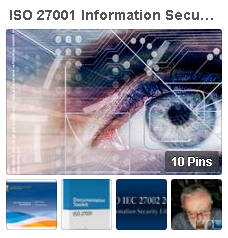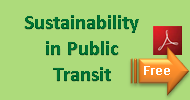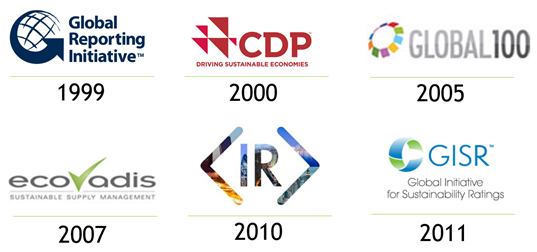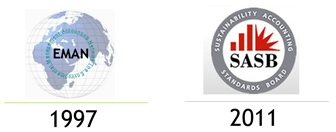 A manufacturing trend to produce fair priced products that break after a short period of use started in late 1980s. That trend allowed manufacturers to save on quality, attract customers by low prices, and generate recurring needs to repurchase. Not surprisingly, the majority of consumers felt deceived by this approach and never returned to the same manufacturer again. Recent studies confirmed that today’s consumers would rather share and borrow high quality products than own medium or low quality ones. The public opinion analysis survey of the European Commission conducted in 2001 identified that 72% of Austrians are willing to buy second-hand products.
A manufacturing trend to produce fair priced products that break after a short period of use started in late 1980s. That trend allowed manufacturers to save on quality, attract customers by low prices, and generate recurring needs to repurchase. Not surprisingly, the majority of consumers felt deceived by this approach and never returned to the same manufacturer again. Recent studies confirmed that today’s consumers would rather share and borrow high quality products than own medium or low quality ones. The public opinion analysis survey of the European Commission conducted in 2001 identified that 72% of Austrians are willing to buy second-hand products.The same is true in many other countries and the number of on-line tools designed for exchange of goods is growing rapidly on a global scale.
A research conducted at Harokopio University in Greece in 2010 identified that all surveyed respondents occasionally reused, reduced, and recycled, and more than 50% did it regularly. Concepts of re-using and using instead of owning were keynote themes of the 2013 CeBIT business information technology trade show.
Are businesses embracing the trend? Car and bike sharing services can be found in all major cities in North America. A growing number of products, software, and equipment is offered as a service. Pley Inc. is an example of a successful business which offers LEGO® children toy sets to be ordered by mail, played with, and returned. Do you see a new business opportunity related to the trend? Please share with us your thoughts on the topic.













